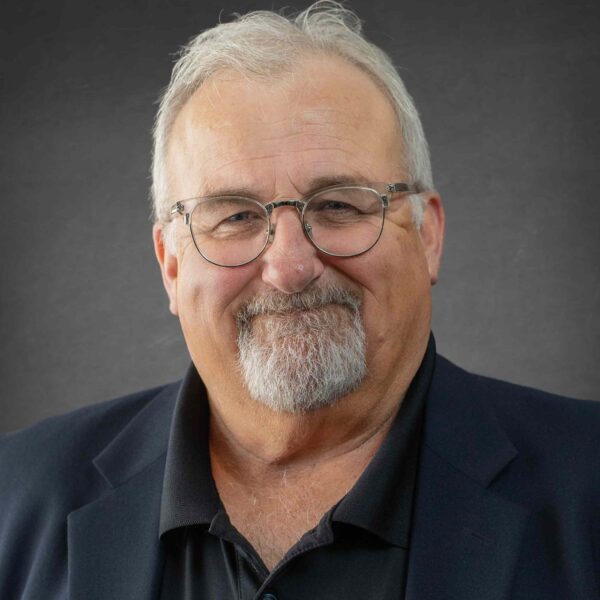I was born and raised in Lethbridge where my K-12 experience took place, as well as my two children which made them the third generation to graduate in Lethbridge Public School Division. Katherine and I have been married for 28 years and while our kids were in school I became involved in their school councils which led to my keen interest in public education and the value that publicly funded and supported education had to society. I participated in initiatives like “Inspiring Education” and “Putting the “Public back into Public Education” which were both fascinating experiences but sadly not moved along. I was a member of a two citizens consensus panels advising the Federal Government on the future of Biotechnology in Canada which led to my nomination to sit on the Canadian Biotechnology Advisory Board.
I have enjoyed a rich and rewarding professional career which was realized by having a rich and rewarding K-12 experience. I live in a community, a province and a country which I am proud to be a part of and feel contributing to the ideals of public education is my way of giving back.
I served in the 2010-2013 term with the Lethbridge Public School District #51, as it was named at the time, and served part of that term, as the Vice-Chair. During that term I served on the Alberta School Board Association’s “Tripartite Negotiating Advisory Committee” where I gained invaluable insight into the governance challenges in political decisions with multiple partners.
My inspiring children have moved on and are thriving in their adult endeavours and for that my wife and I are grateful.
Statement of beliefs
I believe in the promise of public education and the commitment required.
I believe every child has a right to an accessible and equitable education system regardless of their personal circumstances.
I believe public schools are crucial to preparing children with the competencies, knowledge and skills to thrive in life.
I believe in empathetic, welcoming and caring school environments that foster lifelong participation in a civilized democratic society.
I believe that inclusive education and diversity are valued assets in a public funded education system.
I believe the most important relationship in education is the one between a teacher and a student.
I believe in local governance that builds on historical successes and lays the foundation for innovation in education now and in the future.
I believe in a government that supports boards to fulfill their responsibilities as laid out in the Education Act.
Priority areas
Strategic, deliberate advocacy on funding, curriculum, classroom conditions and safe schools.
Board effectiveness and efficiency built around a strong, autonomous consensus model.
Robust community engagement and targeted collaboration with community partners
Views on funding
Firstly I believe public dollars should fund publicly delivered education full stop. The increased funding of private and charter schools takes needed resources out of the classrooms in a system the takes in all who grace their doors. Board budget beliefs and priorities are increasingly hard to achieve based on the current funding models. Years of funding envelopes switching from one priority to another creates uncertainty and prolongs the goals of predictable and stable funding. As a result boards are stifled in their ability to deliver on its responsibilities as laid out in the Education Act.
School boards conduct their fiduciary obligations with transparency and have their budgets approved by the Ministry of Education. Boards autonomy has decreased over time and they are left with making unpopular local decisions. I believe an opportunity exsists to creatively advocate for some portion of the education tax to stay in the community.
How learning conditions can be improved
Historically when the province wanted to improve an already world class public education system, they commissioned a report. One such report was done in 2003 and we have done very little to achieve any of the recommendations in that report. Class size recommendations were clearly presented by expert analysis and today the government doesn’t even care to count.
Boards have the ability to develop division wide initiatives that address urgent needs and the continuing needs of the future. Teacher support and working conditions are crucial to improving learning conditions for students.
How trustees and school boards can best support teachers
School boards can support teachers by compassionately understanding what their needs are and actively making board decisions that affect their ability to do what they do best. They can create policies and procedures that value and support the contributions of their efforts.
Individual trustees can be open to listen with empathy and to vigorously celebrate achievements.
Views on the new K-6 curriculum
After being exposed to how curriculum development in Alberta was traditionally done, I was impressed at the coordination and contribution by large cohorts of subject specific teachers. The resulting curriculum was robust and free from ideological influence. In my opinion curriculum development is a continuous exercise that addresses the times.
We now have a curriculum that does not meet the needs of the students now and will hold back the students of the future. Without a doubt in my mind this curriculum is problematic and developed with a very narrow focus of input and scrutiny.

